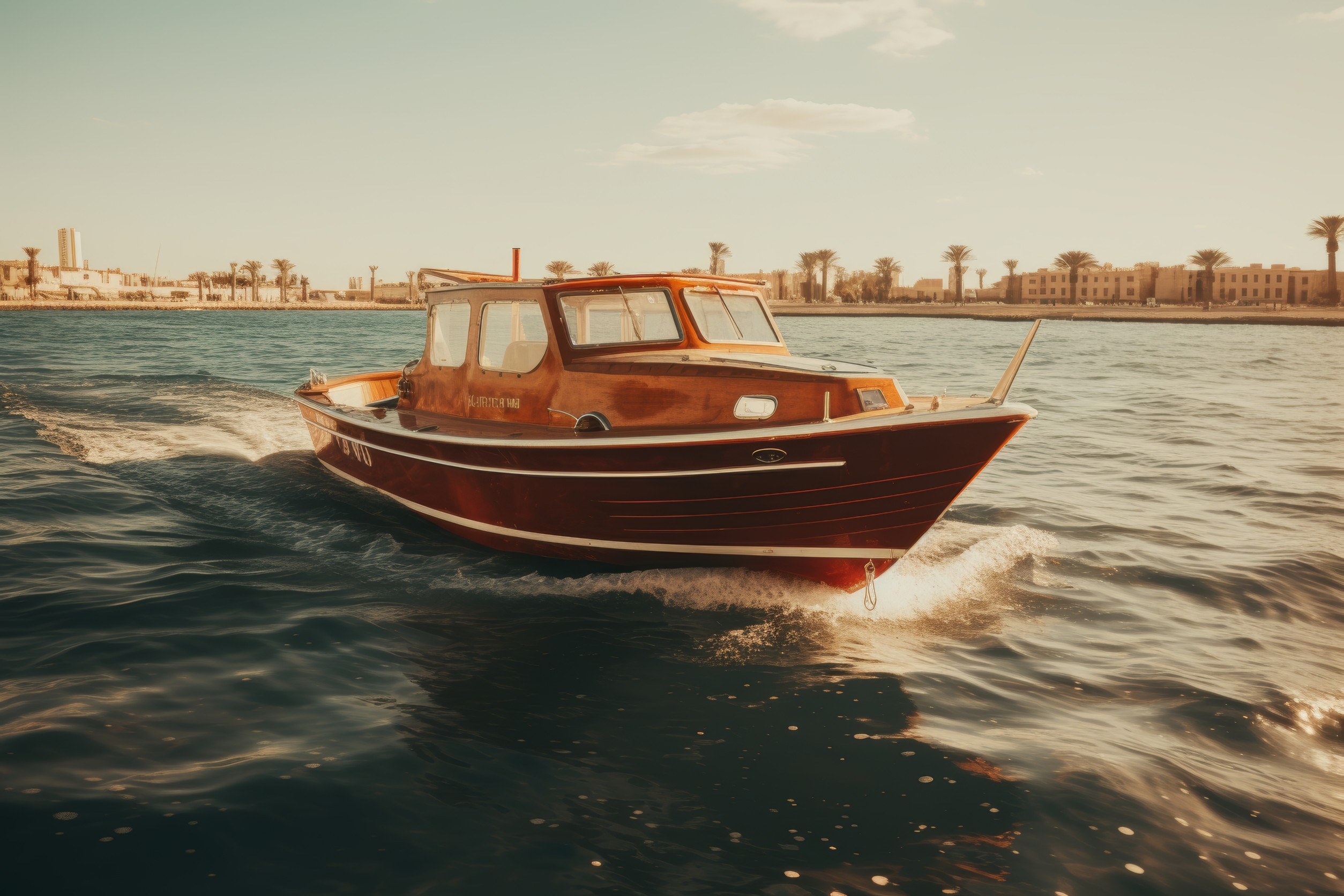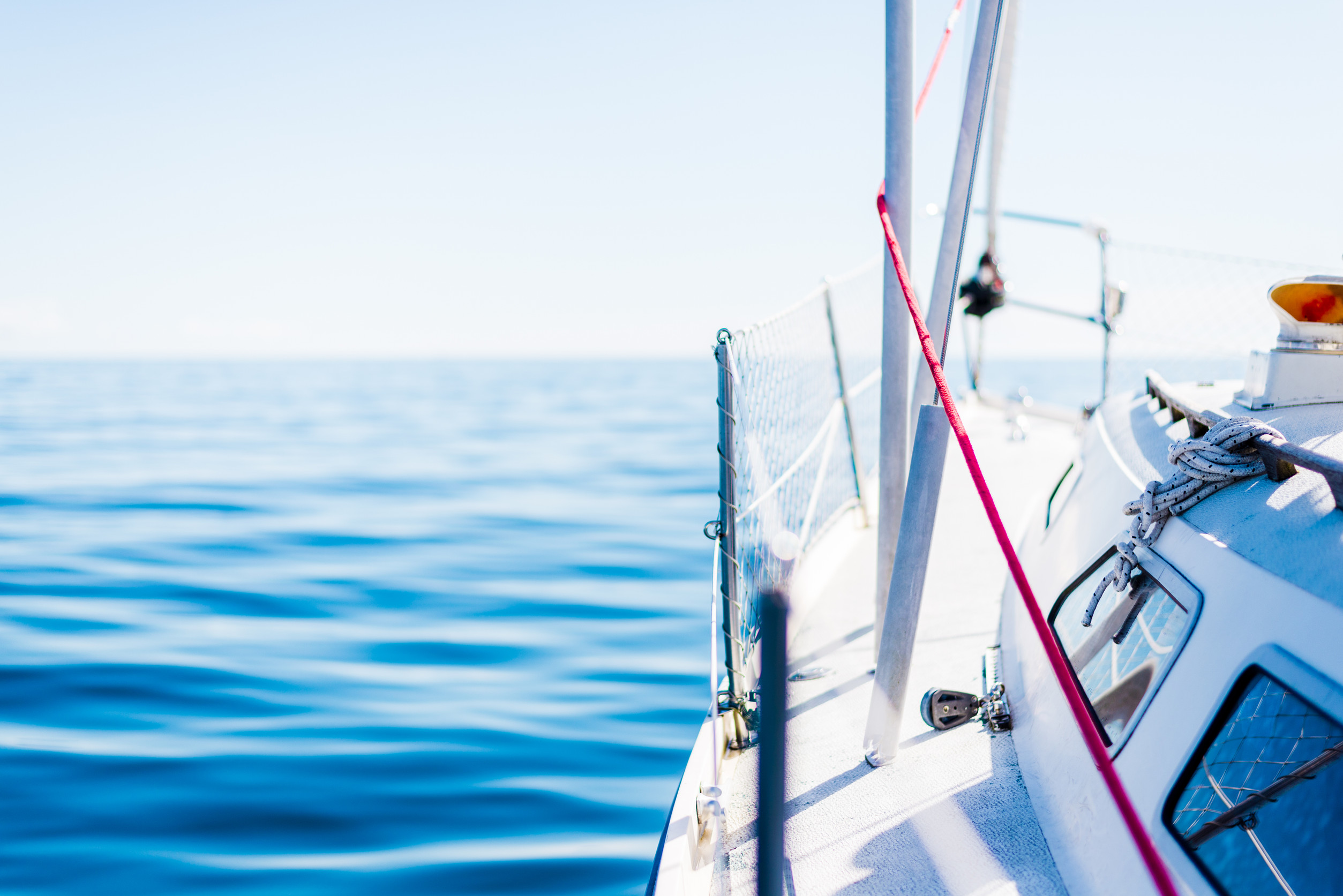There’s something magnetic about the idea of owning a boat. The sun glinting off the water, the salty breeze, the thrill of throttling into open waves—it feels like freedom bottled up in fiberglass and chrome.
But while many buyers focus on the upfront price tag, there’s a whole fleet of hidden costs lurking below the surface. These expenses can sneak up fast and hit harder than a rogue wake on a calm day. Before signing on the dotted line for that shiny new vessel, it pays to know what you’re really getting into.
1. Fuel That Drinks Your Wallet Dry
Boats are notoriously thirsty, and the gas gauge can drop faster than expected once you hit the throttle. Unlike cars, boats burn through fuel at eye-watering rates, especially if you’re powering a bigger craft or taking long trips. Add in the fact that marinas often charge higher per-gallon prices than roadside stations, and suddenly your “cheap day out” feels like fueling a private jet. Some owners try to offset costs by cruising slower, but that only works if you can resist the urge to open it up on open water. Fuel isn’t just a cost; it’s a lifestyle tax every boat owner pays.
2. Slip Fees and Storage Shock
Once the boating season ends, your craft won’t just tuck neatly into a garage corner. Boats need slip rentals, marina storage, or costly dry docks to stay protected. Those monthly fees can quickly rival a second mortgage, especially in prime waterfront areas. Even in off-season, winter storage racks or climate-controlled facilities can add another layer of expense. The real surprise? You’ll pay more to house your boat than some people spend to house themselves.
3. Maintenance That Never Sleeps
Owning a boat means ongoing upkeep that makes car maintenance look like child’s play. Saltwater, sun, and constant motion wear parts down relentlessly, demanding regular inspections, oil changes, and replacement of corroded gear. Even something as minor as a cracked hose or worn propeller blade can shut down your fun and open up your wallet. Labor costs for marine mechanics are higher than auto shops, simply because specialized expertise is required. The golden rule of boating? If it floats, it breaks eventually.
4. Insurance That’s Anything but Optional
While some buyers think insurance is just a safety net, on the water it’s non-negotiable. Policies vary depending on boat size, type, and location, but premiums can climb steeply in storm-prone regions. Liability coverage is essential to protect against accidents, but full coverage adds yet another recurring cost. Without insurance, one bad collision or storm could sink more than your boat—it could wipe out your finances. In short, this isn’t a cost you can skip if you want peace of mind.
5. Safety Gear That Adds Up
Life jackets, flares, fire extinguishers, radios, and first-aid kits aren’t optional accessories—they’re required equipment. Replacing expired flares or outdated life vests might not seem like much at first, but the expenses build over time. Many marinas enforce strict safety checks, and failing to meet requirements can result in fines or being barred from the water. Upgrades to electronics like GPS or emergency beacons also creep into the budget. The irony is clear: staying safe is expensive but not staying safe costs even more.
6. Trailer and Towing Trouble
Getting your boat from land to water takes more than just enthusiasm—it takes serious towing capacity. That might mean upgrading to a heavy-duty truck, plus buying a trailer built to handle the weight safely. Factor in licensing fees, trailer maintenance, and storage, and you’ll see how “weekend trips” become a constant logistical expense. Not every boat launch is free either, with some charging per-use or seasonal fees. Towing is often overlooked, but it’s one of the most practical—and costly—parts of ownership.
7. Upgrades That Keep Calling Your Name
Even after purchase, boats practically beg for upgrades. From sleek sound systems and fish finders to plush seating and custom lighting, the temptation is everywhere. What starts as a “simple vessel” can morph into a money pit dressed in luxury trim. Some owners justify it by saying upgrades boost resale value, but they rarely recoup the full investment. Boats might depreciate, but the appetite for making them shinier never does.
Smooth Sailing or Choppy Waters?
Owning a boat is thrilling, but it’s also a commitment to ongoing costs that often surprise first-time buyers. Between fuel, storage, insurance, and constant maintenance, the price of admission doesn’t stop with the sticker. The key is walking in with eyes wide open, budgeting realistically, and deciding if the joy of life on the water outweighs the hidden financial waves. For many, it absolutely does—but only if they’re ready for what lies ahead.
What are your thoughts on boat ownership? Share your take in the comments below.
You May Also Like…
What You Should Know About the Expenses of Fishing and Boating
10 Things You Should Never Leave Visible in Your Vehicle
10 Details in Your Vehicle That Reveal More Than Your License Plate
9 Reasons You Can’t Stop Letting Family Members Borrow Money
8 Lesser-Known Consequences of Cosigning a Car Loan


